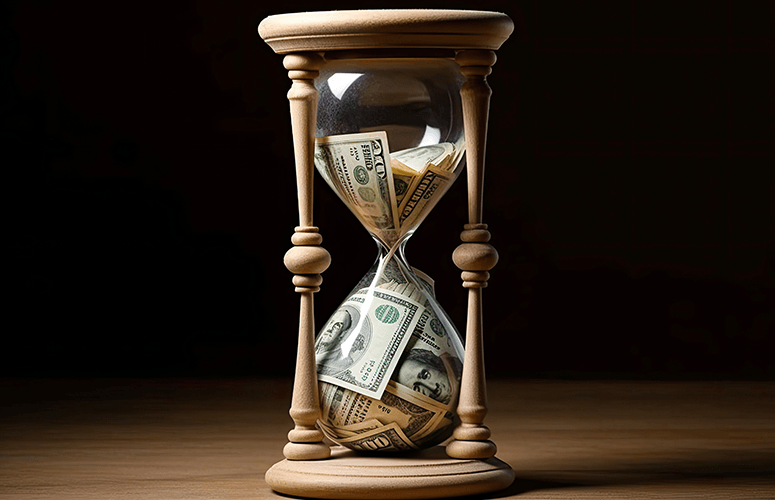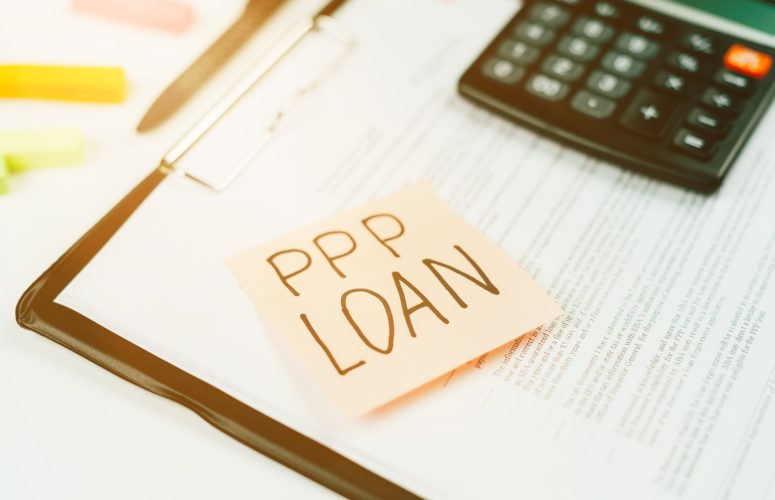
A Chance to Seize a Rare Budget Opportunity
Report to Members
By Michele N. Siekerka, NJBIA President and CEO On Apr 28, 2021New Jersey’s budget situation has improved considerably in recent weeks now that $6.4 billion in federal aid is on the way and the nonpartisan Office of Legislative Services (OLS) is reporting state revenues will be $553.2 million higher than the Murphy administration’s previous predictions.
OLS predicts $428.3 million in additional state revenue in the current budget and $124.9 million more in the FY22 fiscal year that starts July 1. This is on top of the unbudgeted $6.4 billion in federal relief coming to New Jersey under the American Rescue Plan, a $1.9 trillion economic stimulus act signed by President Joe Biden in March.
These developments offer New Jersey leaders a rare opportunity to address both immediate needs and the long-term fiscal challenges that have eluded previous administrations and Legislatures for decades. We hope they seize the opportunity, instead of squandering it.
NJBIA recently released a guidance document on how to best leverage these federal funds for the most impactful results. We recommend a comprehensive approach that balances the immediate need to help the vulnerable with the long-term need for a multi-year recovery plan that stabilizes the state’s finances, reduces the state’s crushing debt, and stimulates the economy with investments in workforce development, infrastructure and innovation.
The pandemic has created many pressing challenges beyond obvious health impacts. There are too many displaced workers, students struggling with remote learning, small business owners who have lost their life savings, families without enough food, and nonprofits overwhelmed by greater demand for services. Federal aid must focus on these needs, not on creating unrelated programs that cannot be sustained without raising taxes once the federal aid is gone.
We urge that a third of the funds be set aside for a short-term surplus that can be drawn down over multiple budgets for anticipated spending growth and reducing debt. New Jersey was already one of the most indebted states in the US with about $44 billion in bonded debt when it undertook $4 billion in emergency borrowing in 2020. Although last year’s borrowing was structured in a way that prevents early repayment, the state can take advantage of its stronger cash position today to defray other debt on its books so that future budgets are less encumbered by debt service that diverts funds from other priorities.
New Jersey’s Unemployment Insurance Trust Fund, which has distributed more than $25.6 billion since the pandemic began, needed a federal loan to stay afloat. To rebalance the fund, a $1 billion payroll tax increase will be phased in on businesses starting in July. Since taxing jobs undermines economic recovery, NJBIA urges that at least $400 million of the federal aid be used to replenish the trust fund.
Another $500 million of the federal aid should go to the New Jersey Economic Development Authority for grants and loan programs that will help the thousands of small businesses struggling to recover. And, with so many displaced employees, investments are needed in workforce development programs, especially for careers in innovation and growth industries. Pro-growth, job-creating investments in innovation and infrastructure include projects like tech upgrades, broadband, water infrastructure, and school buildings.
New Jersey’s economy must be in the best position possible to generate more revenues, without raising taxes. If the $6.4 billion in federal aid is used wisely, New Jersey will be able to take care of immediate needs and set a new course for a long-term economic recovery.
To access more business news, visit NJB News Now.
Related Articles:





